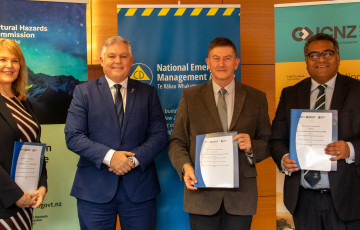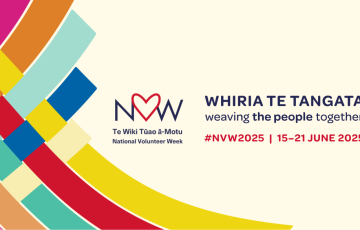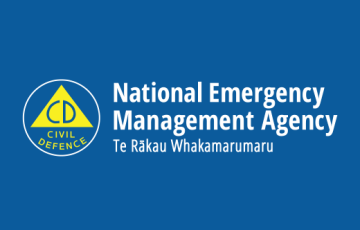Funding to improve natural hazard resilience
Civil Defence Minister Gerry Brownlee has announced $889,000 of funding grants to boost New Zealand’s resilience to natural hazards and their consequences.
Mr Brownlee says the grants are awarded from the 2017 Resilience Fund, an annual fund of $889,000 administered by the Ministry of Civil Defence & Emergency Management (MCDEM).
Nine councils and organisations from Northland to Southland have been awarded grants this year.
“The projects include training programmes, tsunami preparedness for schools and early childhood centres, improved waste management in emergencies, and planning for specific hazards, such as a rupture of the Alpine Fault,” Mr Brownlee says.
“New Zealand’s regions are leading some of the resilience work at the coalface of Civil Defence Emergency Management, and this is an opportunity for the government to support and tap into projects that will have flow-on benefits for the rest of the country.
“This will help to improve our understanding of hazards, boost our preparedness to them, and build on the world-leading skills and expertise that New Zealand possesses.”
“The government is committed to improving New Zealand’s resilience to its natural hazards.
“Today’s announcement follows last year’s $6.2 million Budget boost for the Ministry of Civil Defence & Emergency Management to support its efforts to ensure New Zealanders are better prepared for emergencies.
“We are also developing a national public alerting system, and have recently announced an additional $3 million investment to boost Geonet’s natural hazards monitoring capability,” Mr Brownlee says
Applications for the fund were considered by a moderation panel, with criteria that placed a strong emphasis on improved collaboration, improved resilience at a local and regional level, and promoted consistent approaches.
Recipients include:
- $245,000 to Environment Southland for Alpine Fault resilience work. This grant provides the second year of funding of a two-year project to improve understanding of the Alpine Fault rupture.
- $230,000 for the Integrated Training Framework, which provides a platform for the development of national standard training to enhance the competency of staff working in Emergency Operation Centres.
- $100,000 to Bay Of Plenty Regional Council and others to develop a web-based tool for disaster and emergency waste management.
- $89,250 to Stratsim Ltd, to create information infrastructure for the real-time discovery, access and use of the data that needs to be accessed in an emergency.
- $70,000 to Hawke’s Bay Regional Council for the East Coast LAB: Tsunami Safer Schools Preparedness Guide, which will identify early childhood education centres and schools located within tsunami evacuation zones, develop a ‘Tsunami Safer Schools’ tool box and pilot at schools in Gisborne, Napier and Wellington.
- $51,750 to Taranaki Civil Defence Emergency Management Group, for the Taranaki Vulnerability Study, which will develop hazard information and identify regionally critical sites.
- $40,000 to Northland Regional Council, for the Practical Tools for Civil Defence Emergency Management Welfare.
- $40,000 for Waimakariri District Council, to develop a Guide to Effective Local Social Recovery, outlining what is needed for successful social recovery.
- $23,000 to Marlborough Civil Defence Emergency Management Group, to develop the Marlborough Lifelines Regional Fuel Plan, which will address issues relating to lack of fuel supply.
The Resilience Fund is distributed on an annual basis. For full details on the successful applicants, visit: http://www.civildefence.govt.nz/cdem-sector/cdem-resilience-fund/#current
Published: Feb 7, 2017, 9:25 AM



